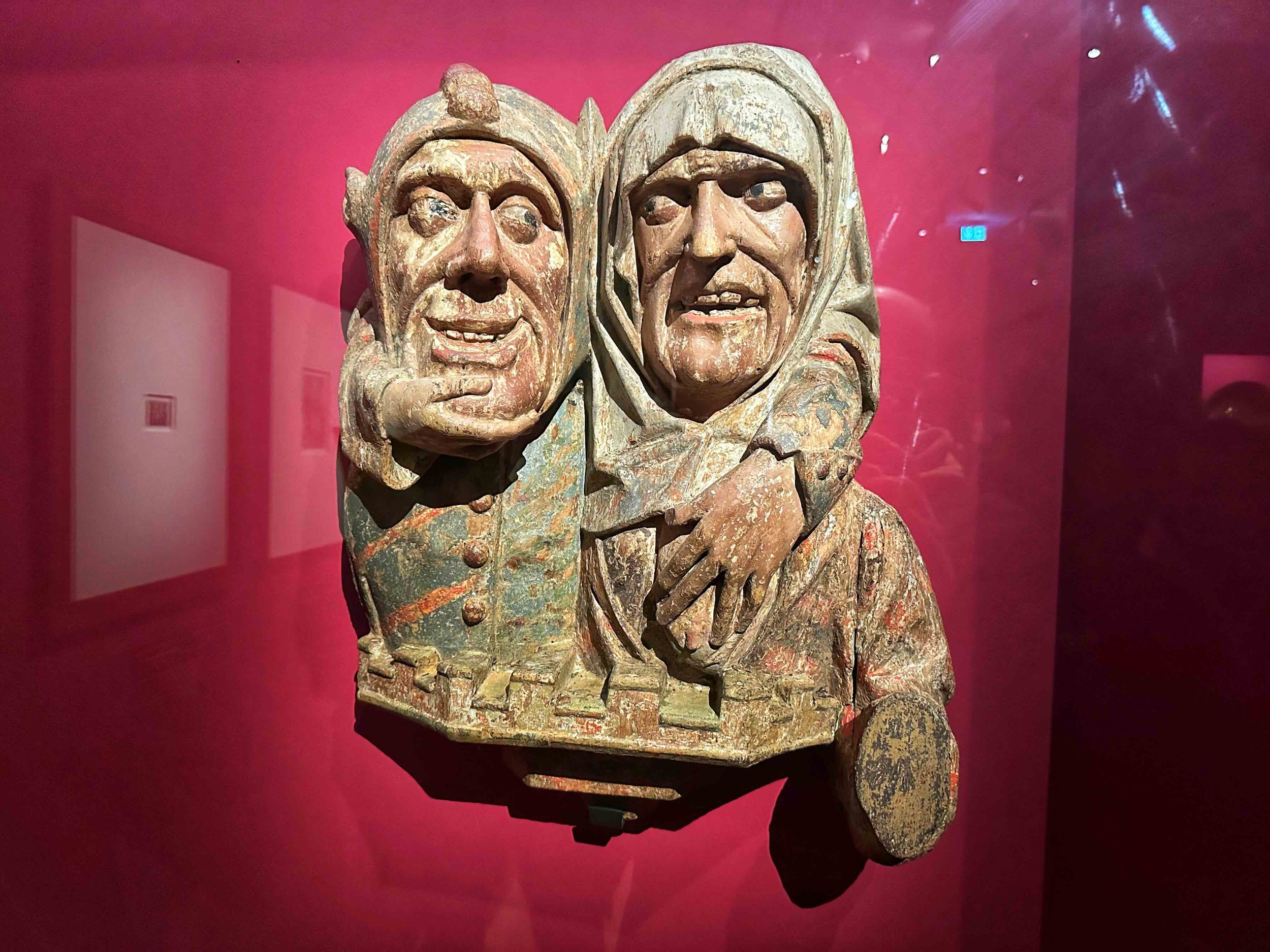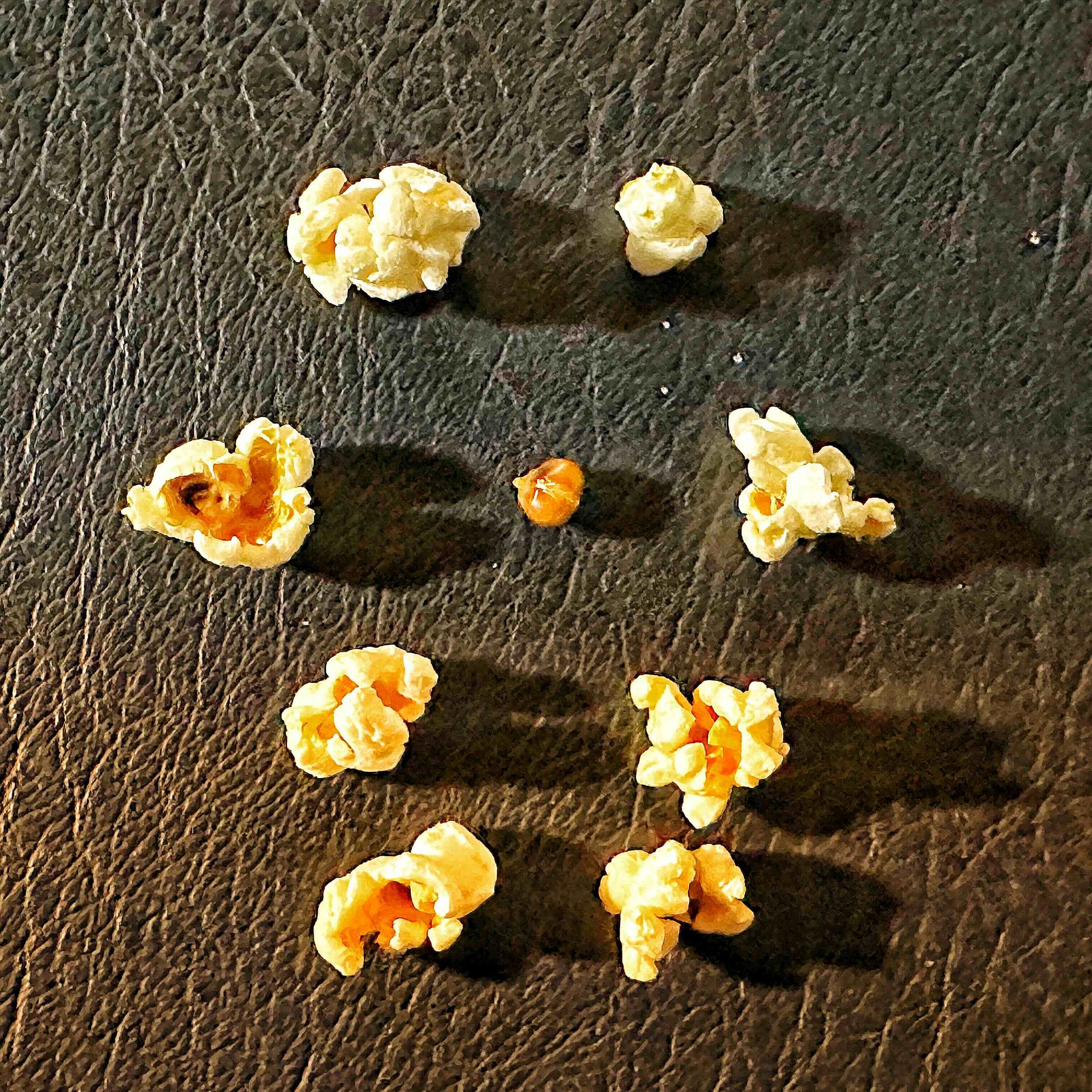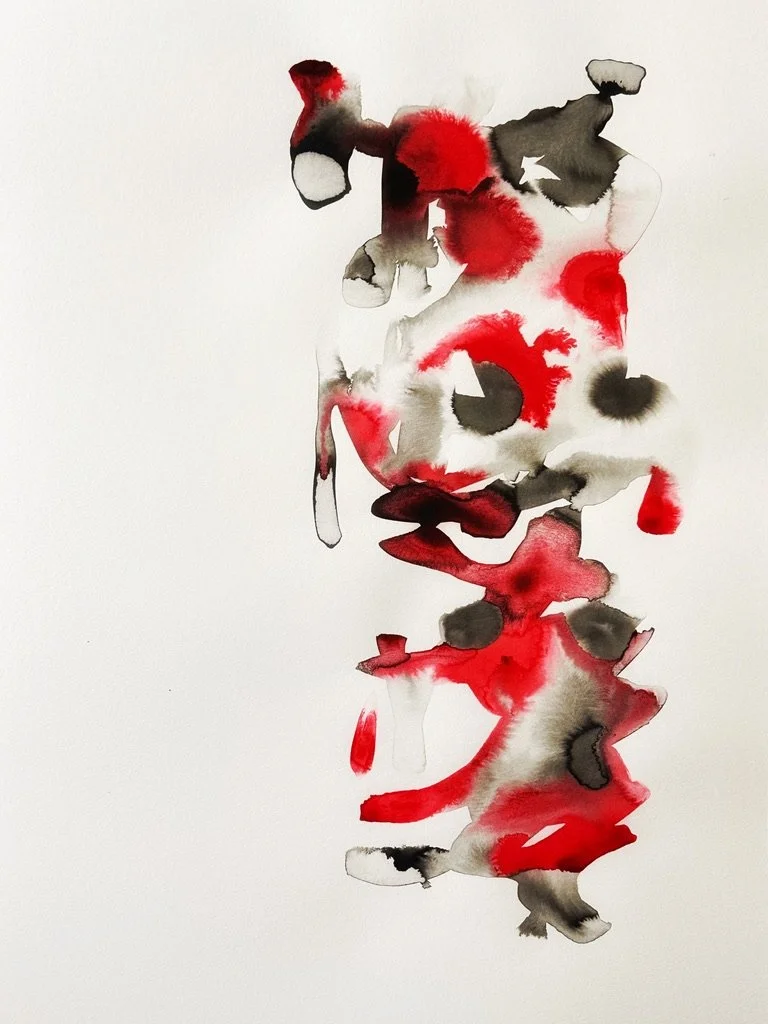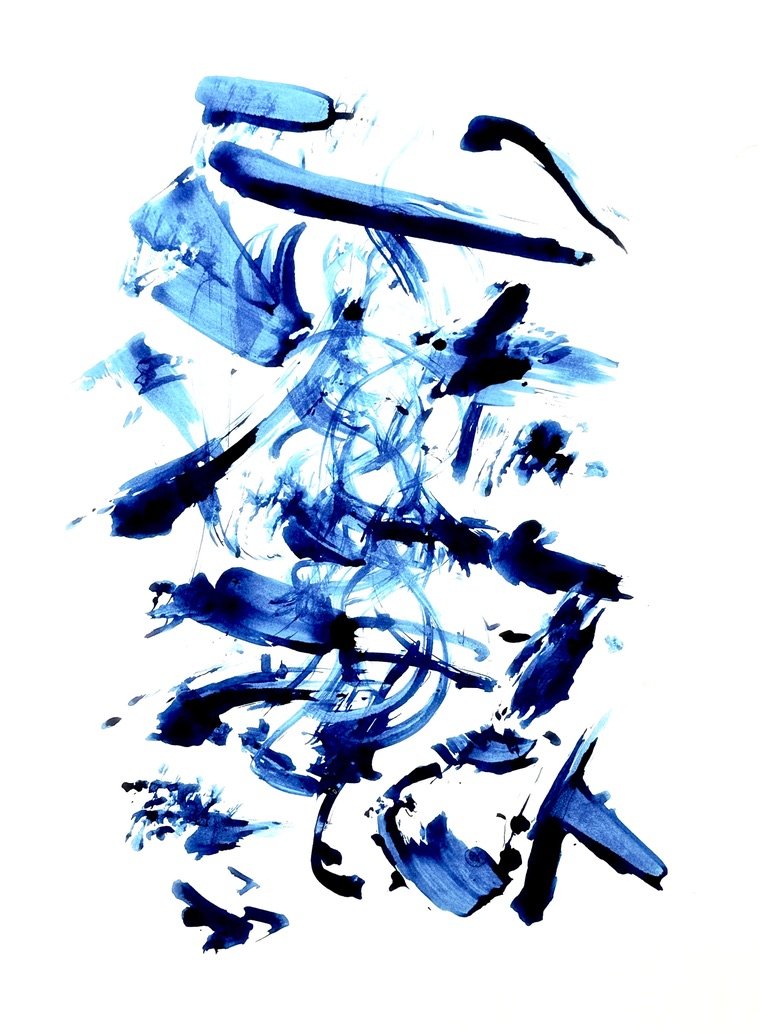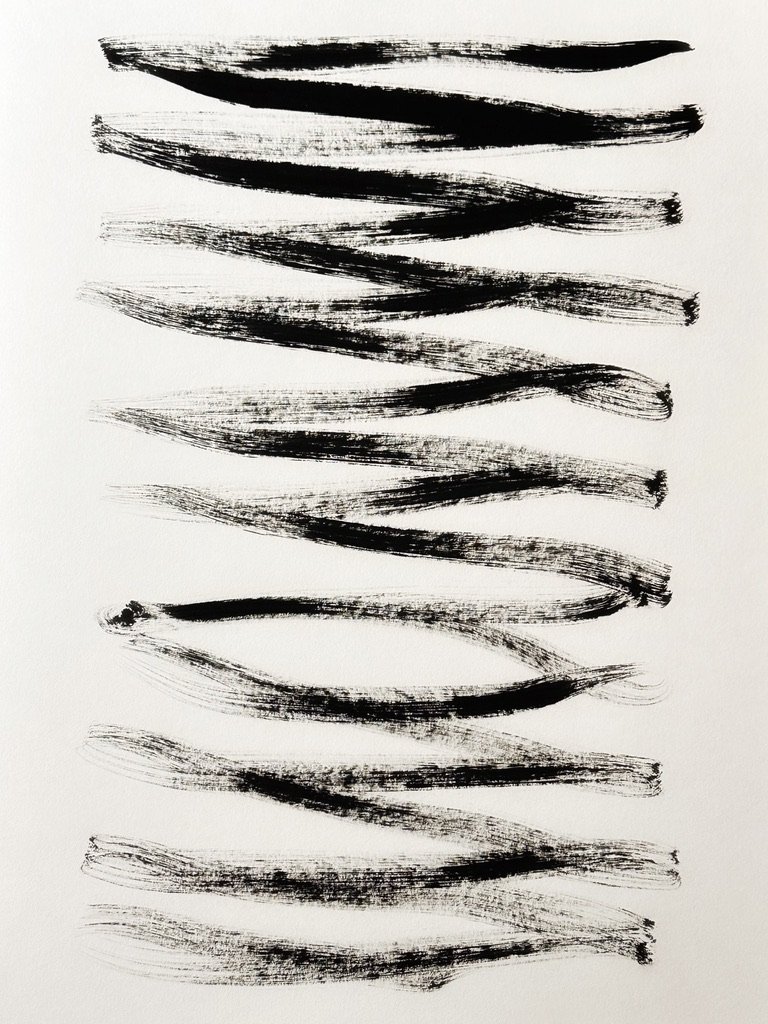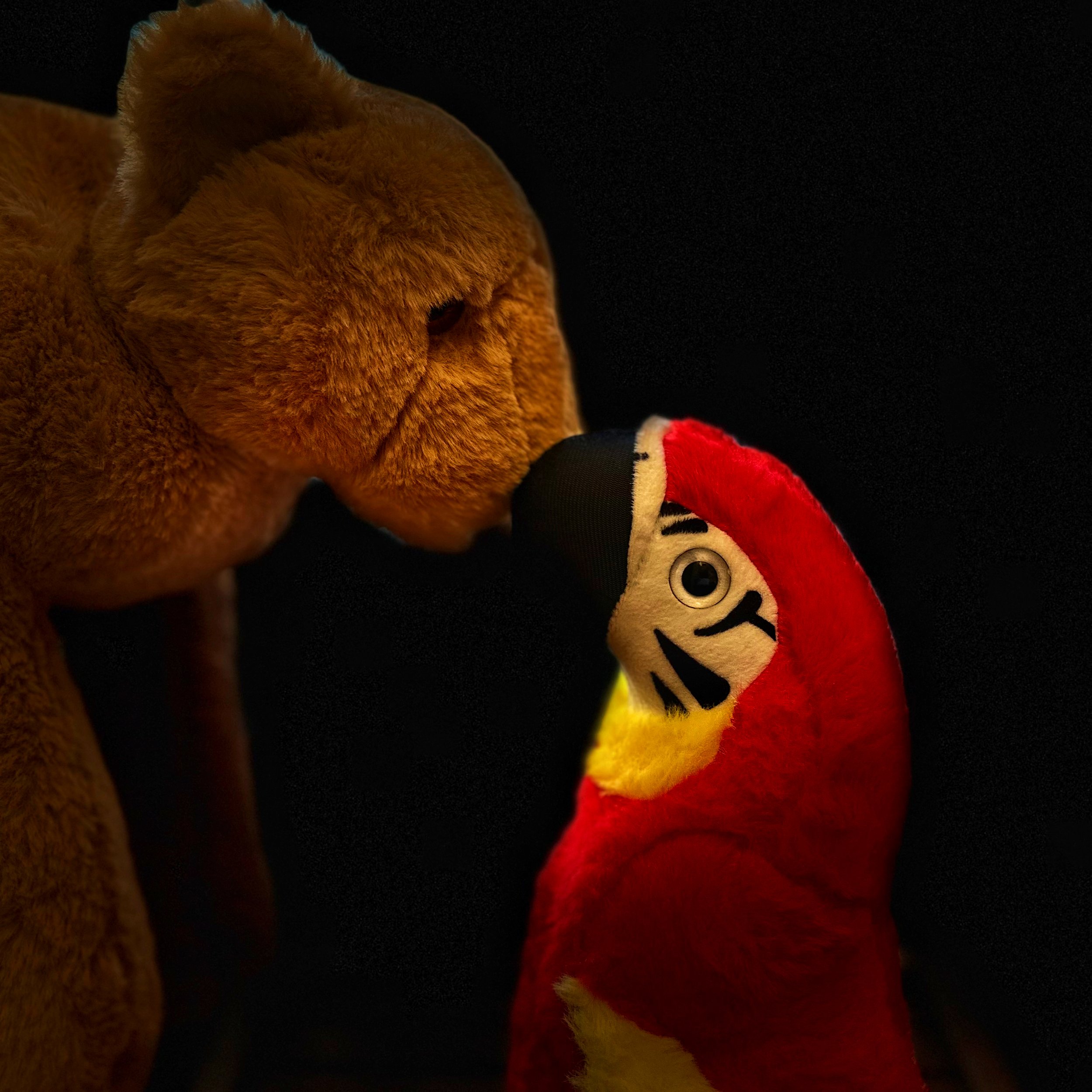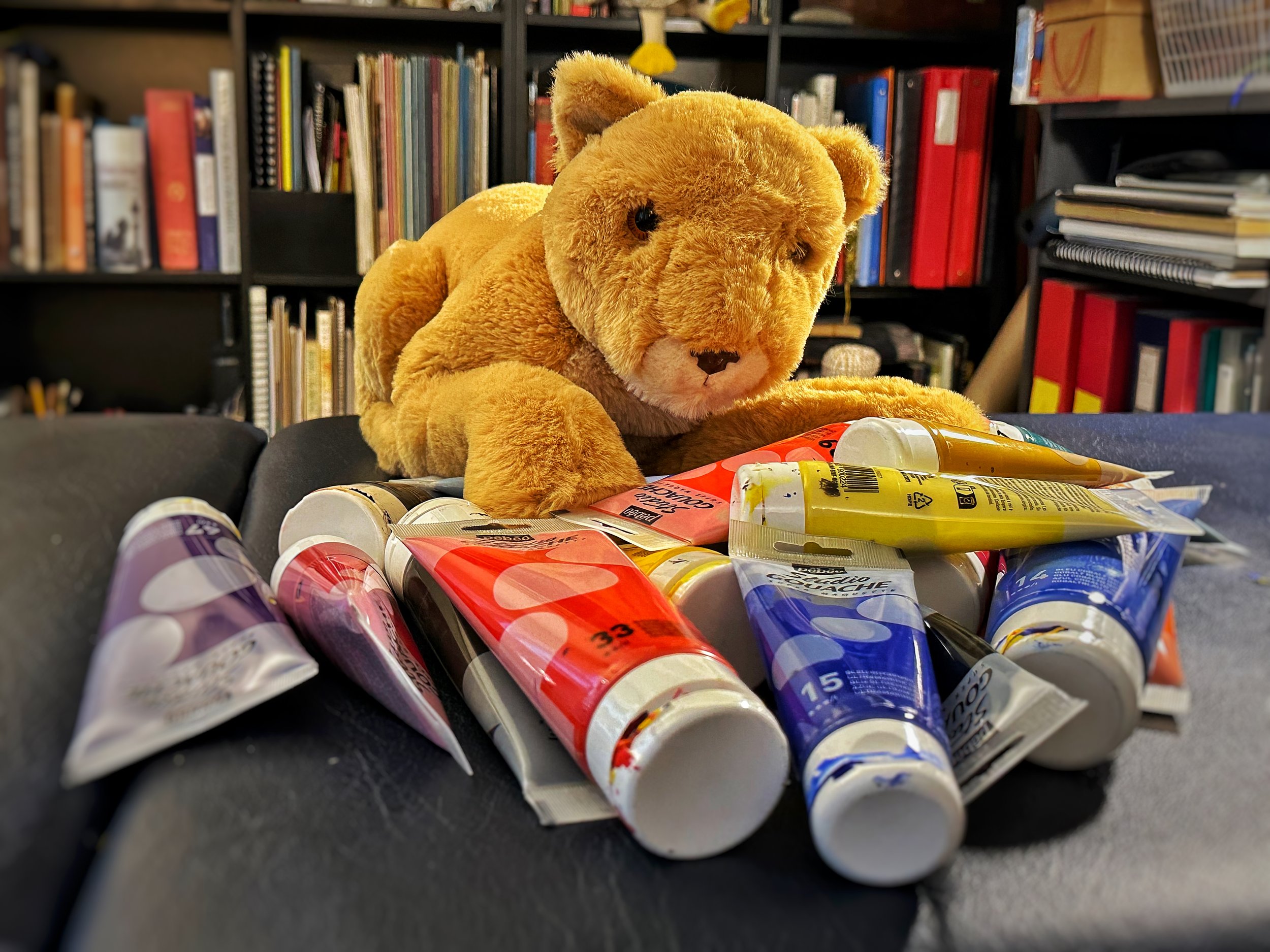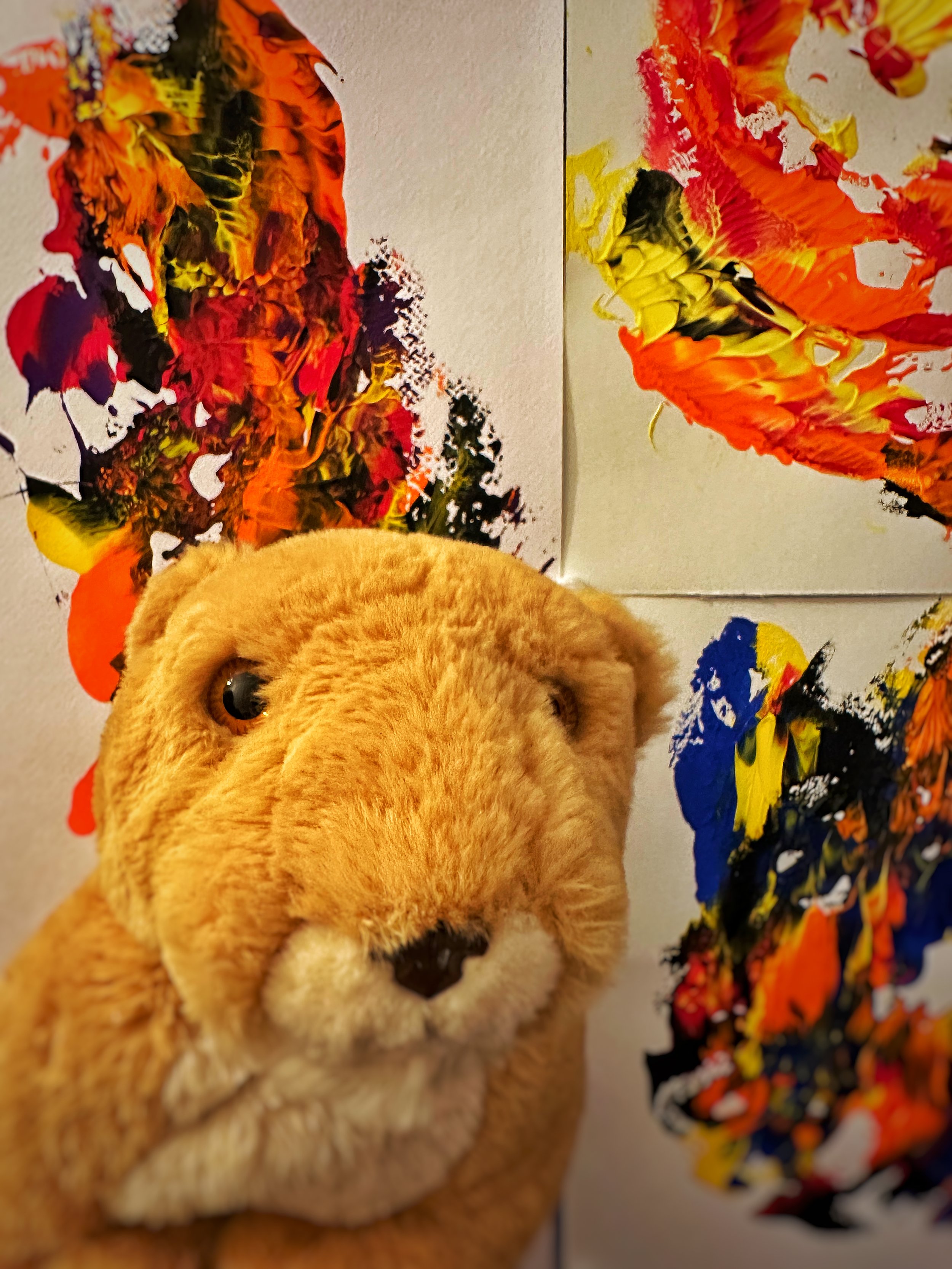I recently parted with six of my drawings. In itself, this is a banal event of no consequence. And, in itself, this is a big deal, an exceptional and consequential event.
The drawings became the property of a marvelous musician whom I’ve known for fifteen or eighteen years and who’s been supporting me generously in my Patreon initiative. Technically, he bought the drawings. But, you know, artistic exchanges between sensitive creative souls who’ve known each other for a couple of decades don’t look and feel like commercial events.
All right, Pedro, someone bought six drawings of yours. And?
One of my grown-up nephews lives in LA and has a fine career as a studio musician and university teacher. When he was little—maybe five years old or so—he asked his mother (my sister) about what happened when someone died. His mother, hoping to reassure the child, said that the person in question would go to heaven. My nephew freaked out, and he cried unconsolably for the longest time. “I don’t want to go to heaven when I die,” he said again and again.
What I mean is that every human being has metaphysical inclinations—the desire to ask urgent questions for which there are no clear answers, questions about the meaning of life, about right and wrong, about beauty and truth, about space and time, about connection and separation. Like, dying is a sort of separation, isn’t it? But going to heaven is a sort of connection, isn’t it? “NOOOOOO!”
I think that the metaphysical dimension, or the meaning-of-life dimension, or the separation-and-connection dimension, always lurks behind our daily existence, our banal interactions, our hello-how-are-you, our another-coffee,-please.
My interest in art first arose in my bosom (men have bosoms????) when I was about 10 years old. In my hometown of São Paulo, a new museum went up: a beautiful building in a beautiful block in a beautiful avenue, right across from a small city park that holds remnants of the rain forest that ancestrally dominated the landscape of São Paulo. MASP (the Museu de Arte de São Paulo) was inaugurated in 1968, and you know what? The Queen herself came over to unveil the plaque that announced, “Here today a boy will start exploring his love of art, and let’s wish him luck!”
Image by Fernando Costa.
By the way, I’m not a monarchist; on the contrary. I’m not saying that Queen Elizabeth godmothered my art. She’s a mental trinket, I guess. An ornament in my story. May she rest in peace.
At MASP I took a course on the history of music. In the packed auditorium, a professor (the very charming and knowledgeable Walter Lourenção) told us interesting and meaningful things. I was maybe 15 years old, squiggly and zitty, the stereotypical disembodied loner. The professor played a recording of Renaissance music and asked the audience to name the instruments being used. Participants offered absurd impossibilities, the gamba, the harpsichord, the kazoo, what’s wrong with people! I raised my hand. “A sackbut, a regal, and a krummhorn,” I said. “That’s absolutely right,” the professor said. Six hundred ears and six hundred eyes turned toward me; a murmur arose. I’m probably making up a few of the details, but those three instruments (the regal butt and the crummy horn) are totally and truthfully true.
There was a film series; I discovered Buster Keaton. Concerts by first-class artists from all over the world, the tickets heavily subsidized. I heard Leonard Rose, I heard János Starker, I heard I Musici, I heard Ruggiero Ricci. It doesn’t matter if you aren’t familiar with them. The main thing is that I was entwining myself with art, music, film, architecture, urban design, and a thousand other monsters, deities, and trinkets, may she rest in peace.
I took part in a few concerts myself, playing in youth chamber orchestras. One day when I was semi-grown up and studying music in the US I played a cello-and-piano recital there. Oh glory! I didn’t play very well, but that’s only a detail. I was playing the same recital hall as Leonard Rose and János Starker.
MASP was a long digression in what I’m trying to tell you, which we could call “the metaphysics of the moment,” for instance the moment when you sell six drawings to a friend and supporter. The moment exists in a context or totality full of existential dimensions, in which time, destiny, choice, connection, and separation are always cooking in low heat and sometimes coming to a boil. The moment is banal (low heat); the moment isn’t banal (boiling hot).
Less than three years ago I got more seriously involved in making art, as you probably know from my blog posts. The involvement (which was born at MASP almost 60 years ago) has taken me places; not geographically, but artistically and metaphysically. I’ve explored techniques, styles, materials, themes; I’ve made a series of drawings inspired by the invention of writing, another series inspired by abstract cartographies, another series hinting at cosmographies.
Yep, it all sounds very pretentious, all regal butts and horns, all downright krummy!
The paradox is that I don’t take my person too seriously, and yet my artwork, though borne of playful exploration, is in fact rather substantial. It “exists,” by which I mean it has value, coherence, power, and beauty; it’s individually mine, and yet it flows from some source which is by no means mine. Me, not me; me, not me: paradox, may she rest in peace.
I’ve made many hundreds of drawings on different types and sizes of paper, using ink, gouache, charcoal sticks, Bic pens, markers, pencils, pastels, Crayola: the usual materials that millions of other people have used over the eons. In themselves my materials aren’t original.
I’ll use an approximative, symbolic number and say that I’ve made a thousand drawings in two and a half years. I have boxes and boxes of drawings. The size of regular office paper is called A4. The equivalent of two sheets of office paper is A3; four sheets, A2; eight sheets, A1. I have drawings in all these sizes.
My friend and supporter is getting six A3 drawings. Six; if I have a stock of a thousand, this is 0.6% of my output.
But looking through my collection and choosing these six drawings, I had a big bout of separation anxiety. I didn’t want to part with them. Or, as my nephew famously said, “NOOOOOOO!” My drawings were dying and going to heaven, and I wasn’t happy. (Exaggerations and distortions are part of the story, of course. Metaphysics isn’t fact-oriented.)
I have tools to deal with separation anxiety. I go “professional,” as it were; I go “adult,” so to speak; I “evacuate my feelings,” after a fashion. I employ procedures. I bring some of my boxes out from their storage; I go through the contents of each box quickly and make snap judgments: not this one, not this one, no, no, maybe this one. Six boxes of A3 drawings, each box informally gathering a theme or a material (gouache or ink, white paper or black paper, calligraphy or cartography). From each box I make a preselection of two, three, four, or more drawings. Then I start mixing and matching: this drawing from this pile, this other drawing from this other pile.
My wife Alexis (an artist herself) lends me her eye and her heart. And with her help I choose six drawings. Once the choice is made, I put them aside in a folder, and I restore all the boxes to in their safe hiding place; I do it quickly, “professionally, adult-ly,” because if I start thinking the separation anxiety will reassert itself and I’ll bawl like a five-year-old discovering the facts of life.
Immediately after choosing the six drawings and putting them aside, I decided to make some more art. It’s quite logical! You’re letting six orphans out of your orphanage, so you must, you must, you must generate six new orphans, because you don’t want the other 994 orphans to feel lonely, do you!
Although metaphysics isn’t fact-oriented, the fact is that creativity is infinite. The not-me source that granted me a thousand drawings is permanently ready to grant me as many drawings as I want, six or six hundred or six thousand. I don’t mean that I’m infinitely creative; I mean that the Creative Source is infinite, and as long as I’m available to its flow I’ll keep drawing and drawing and drawing.
And every time I’ll part with any one of my drawings, I’ll feel separation anxiety, a little or a lot. This, too, is a fact, perfectly banal and perfectly NOOOOOOOO!
©2025, Pedro de Alcantara
